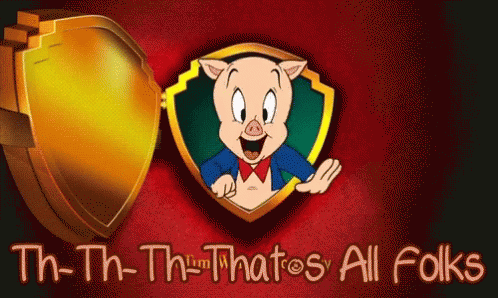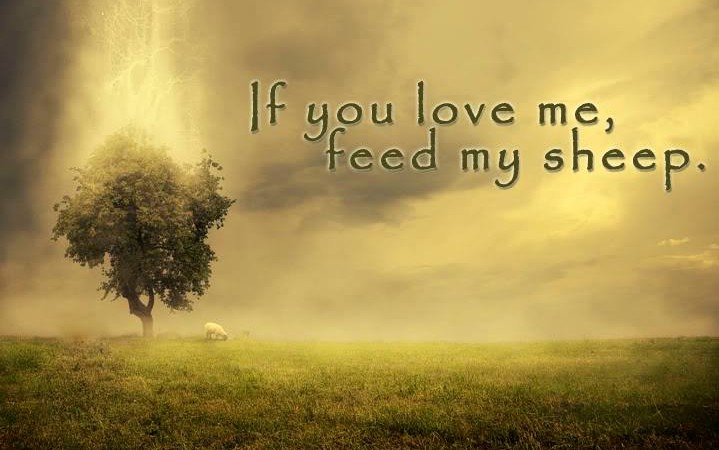Allen has
spent a great deal of the summer working on social skills and acceptable public
behavior. I knew that the planned game was not about winning but about
conversing and having some family time. I explained this all to Ron as
carefully as I could. “Remember,” I told him as I set up the board, “it’s not
about who wins.” Ron nodded his head; he loves Allen, of course, but I’m the
one who does most of the parenting for our adult son who lives on the ASD
spectrum.
For Ron,
though, the game was a different story. He concentrated all his energies on
acquiring the railroads—in this case Witch Hazel’s broom rides, Wil E Coyote’s Delivery,
Martin Martian’s Taxi, and Acme Rockets—which cost each of us $200 laughs—all
of our GO money—when we landed on the spaces. He also invested all he had into
three board properties, amazing gigantic hotels and constructing what we called
“Fear Street.”
I, part
mother and part prognostic, saw where this was headed. I whispered to Ron that
he should consider diversifying, making some trades and some deals and
spreading things out. He said, “I’m doing fine!” and took another $200 from
Allen.
“The point
is not winning,” I said to my husband when Allen got up to get a soda. “It’s
having fun.” Ron nodded at me. But a nod doesn’t mean one is paying attention.
It wasn’t
long before the inevitable happened; Allen rolled a 7, which would put his Wil
E Coyote squarely on Ron’s Rabbit Seasonings, costing 750 laughs. Much more
than Allen could manage. I tensed myself for the meltdown.
Which didn’t
happen. Instead, Allen surveyed the situation on the board, calmly placed the
dice in the center of the board, and said, “I don’t want to play anymore. It
stopped being fun.” Then he walked away.
As Allen
left the kitchen, Ron turned to me and said, “Is it my fault?”
And I
started to say, No, of course not, but I changed my mind. Ron is Allen’s
father. While I bear almost all of the responsibility for aiding Allen in his
quest to be an independent adult, his father should at least not upset the apple
cart.
“Yes,” I
said to Ron. “It was your fault. Because it wasn’t about winning. I made that
clear to you and you weren’t listening.”
“It used to
be about winning,” he said.
“Times
change,” I said. “Needs change.” I motioned to the wheelchair he was seated in.
“Life changes.”
He
nodded—because that’s what he does—and wheeled himself into the living room to
watch TV.
I was
putting away the game board and pieces and being proud of Allen for the way he
handled his disappointment --he didn’t get angry or dislodge the board or storm
out of the kitchen—when my son appeared again and started piling up the cards.
“I’m sorry,”
he said. “I just couldn’t play anymore because it got to be stressful. Not
fun.”
“That’s
okay,” I told him. “I’m happy you didn’t get angry, you just stated your
feelings and walked away.”
“Well,” he
said, “that’s what you’re supposed to do when you’re mad.” He picked up the
figure of the Tasmanian Devil and ran him around the board. “I don’t like being
mad. Things got too serious. But sometimes, it’s fun to be looney.”
We could all use a little less mad, a little more looney.

